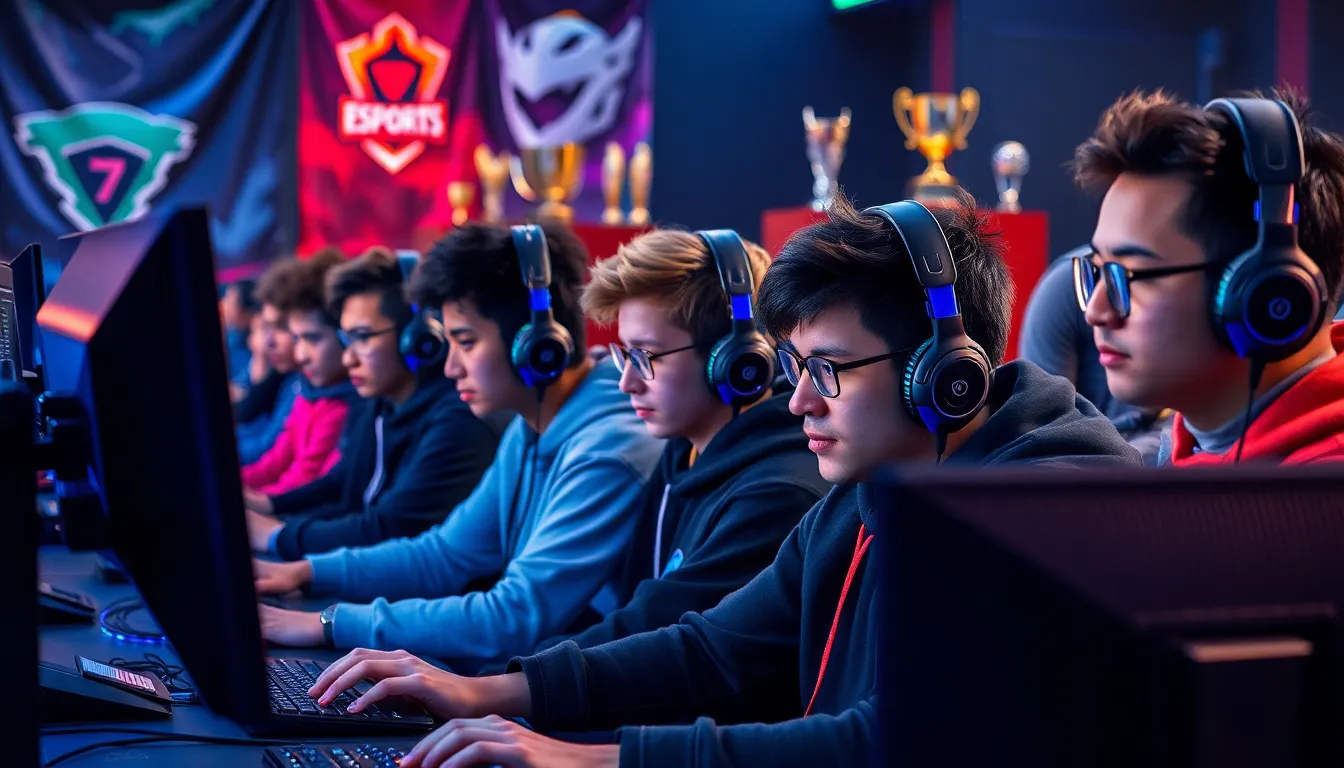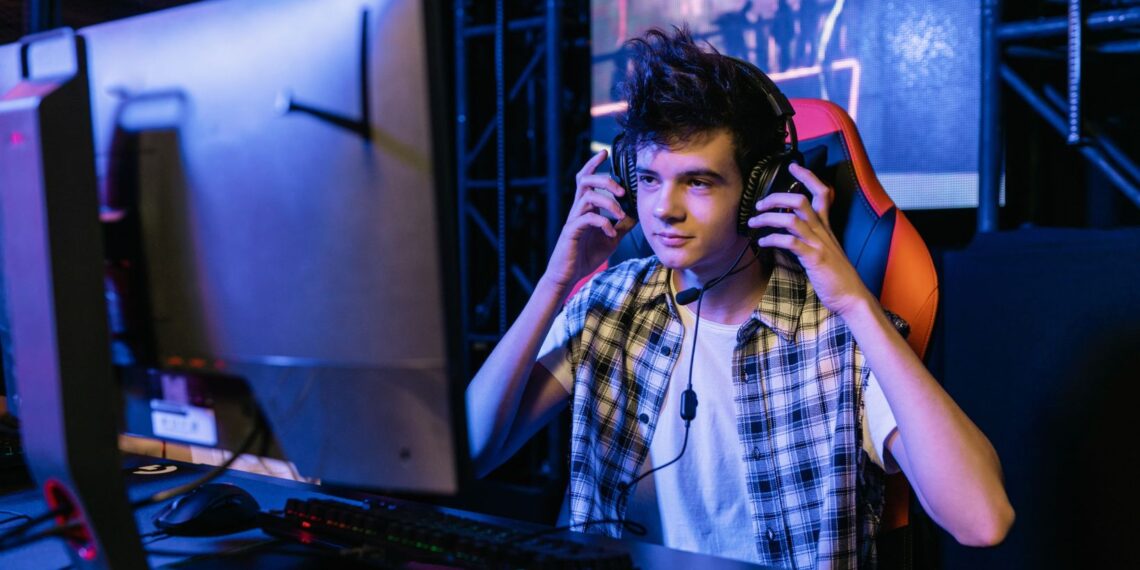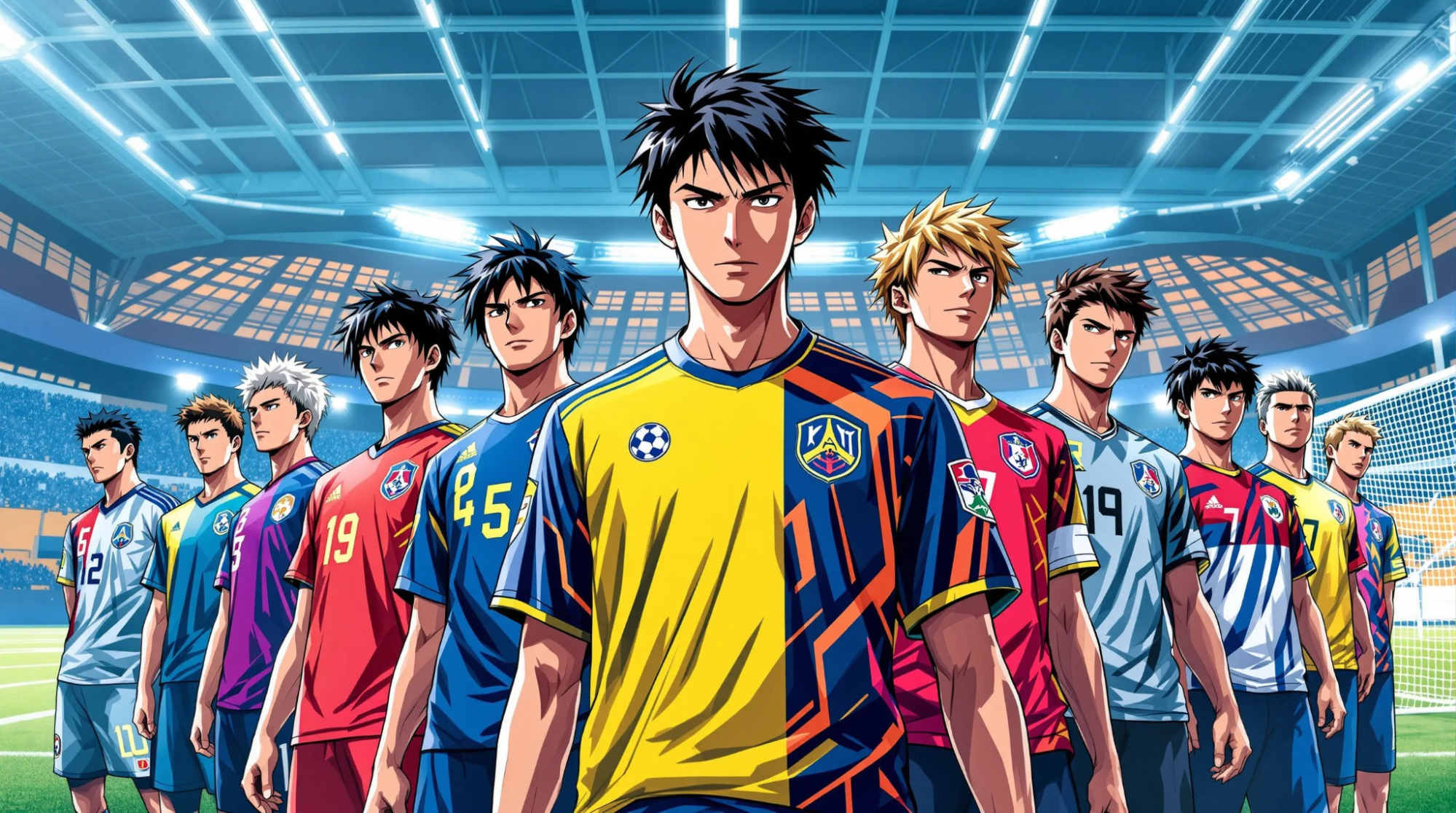Ever wondered what games keep professional gamers glued to their screens? It’s not just a random selection of titles; it’s a carefully curated list of adrenaline-pumping, strategy-packed adventures that can turn a casual player into a legend. From epic battles to mind-bending puzzles, these pros know exactly where to drop their virtual anchors.
Overview of Professional Gaming
Professional gaming encompasses a variety of competitive video game genres that attract top talent. Esports has grown into a multi-billion dollar industry, with players engaging in games like League of Legends, Dota 2, and Counter-Strike: Global Offensive. Each title presents unique challenges, requiring strategic thinking and quick reflexes.
League of Legends engages players in a team-oriented battle that emphasizes strategy and collaboration. Players choose from over 140 champions, each with distinct abilities. Dota 2 offers a similar experience, featuring deep gameplay mechanics and constant updates. Players’ decisions shape the outcome, making every match unpredictable and thrilling.
Counter-Strike: Global Offensive blends tactical shooting with team strategy. Teams coordinate attacks and defenses, enhancing their skills in aim and communication. Valorant, another tactical shooter, adds hero-based gameplay elements, allowing players to utilize unique character abilities for creative strategies.
Fighting games like Street Fighter and Super Smash Bros. also remain popular among professional gamers. These games focus on player skill and reaction time, fostering a dedicated competitive community. Players develop personal styles and strategies to gain an edge over their opponents.
Battle royale games, including Fortnite and Apex Legends, continue to dominate the esports scene. The last-player-standing format encourages quick thinking and adaptability. With frequent updates and live events, these games keep players and viewers engaged.
Lastly, sports simulations such as FIFA and NBA 2K appeal to fans of traditional sports. Players simulate real-life matches, showcasing their skills while attracting large audiences. These titles bridge the gap between gaming and actual sports.
The landscape of professional gaming is diverse and ever-evolving. Strategic, skill-based gameplay drives the interests of professional gamers as they pursue excellence in their chosen titles.
Popular Game Genres

Professional gamers gravitate toward specific game genres that challenge their skills and strategies. Here are some prevalent genres that dominate the esports scene.
Multiplayer Online Battle Arena (MOBA)
MOBA games, such as League of Legends and Dota 2, require intense teamwork and strategic gameplay. In League of Legends, over 140 champions offer unique abilities, promoting diverse tactics in matches. Dota 2 emphasizes deep strategic elements with complex gameplay mechanics that keep players engaged. Matches often hinge on player coordination and real-time decision-making, making each game unique. Professional players invest countless hours mastering their champions and understanding the intricate maps. The competitive nature of these games fosters heated tournaments, attracting massive viewership and participation.
First-Person Shooters (FPS)
FPS games encompass popular titles like Counter-Strike: Global Offensive and Valorant, focusing on tactical shooting and team strategy. Players refine their aim and reaction time, developing exceptional skills to outmaneuver opponents. Counter-Strike: Global Offensive emphasizes teamwork with strategic bomb-planting scenarios, while Valorant combines hero abilities with gunplay. Competitive play demands precise communication and map awareness. Tournaments frequently showcase thrilling matches with nail-biting finishes, captivating fans around the globe. Skillful players often rise to prominence, securing their spots in esports lineups.
Specific Games Played by Professionals
Professional gamers gravitate towards specific titles, each offering unique challenges and gameplay mechanics that elevate the competition.
League of Legends
League of Legends stands at the forefront of the Multiplayer Online Battle Arena (MOBA) genre. Featuring over 140 champions, this game emphasizes teamwork and strategic play, with each match lasting about 30 to 50 minutes. Players must utilize coordination and communication to secure objectives and outmaneuver opponents. Regular updates introduce new champions, keeping the gameplay fresh and engaging. Its deep skill ceiling attracts many top-tier players globally.
Counter-Strike: Global Offensive
Counter-Strike: Global Offensive (CS:GO) is a staple within the First-Person Shooter (FPS) community. Tactical shooting defines the game, emphasizing precise aim and map awareness. Matches can last 30 minutes or more, revolving around bomb defusal or hostage rescue scenarios. Communication drives success, as teams rely on shared information to devise strategies. Regular competitions maintain its status as a leading title in esports, showcasing exceptional skill among its players.
Dota 2
Dota 2 offers complexity that appeals to many professional gamers. Matches often range from 30 to 60 minutes, featuring two teams of five players competing to destroy each other’s Ancient. Unique gameplay mechanics, such as hero roles and item builds, affect match dynamics significantly. Strategic depth plays a crucial role, requiring players to adapt their strategies and coordinate effectively. Frequent updates and a robust competitive scene keep Dota 2 vibrant, attracting high-level talent from around the world.
Emerging Trends in Professional Gaming
The landscape of professional gaming continually evolves, shaping players’ experiences and competitive strategies. Recent trends highlight new games and formats, emphasizing engagement and community.
Rise of Battle Royale Games
Battle royale games have surged in popularity, captivating professional gamers and audiences alike. Titles like Fortnite and Apex Legends dominate tournament circuits, showcasing intense last-player-standing formats that bring excitement and unpredictability. Players enjoy fast-paced gameplay requiring quick decision-making and adaptability. This genre’s appeal lies in its ability to combine action, strategy, and social interaction, as teams strategize to outsmart opponents. As events and prize pools grow, the competitive scene surrounding battle royale games solidifies its prominence in esports.
Cross-Platform Play
Cross-platform play has become a game-changer in professional gaming, enabling players to compete across different devices seamlessly. This feature enhances accessibility and broadens competitive environments, allowing gamers with diverse preferences to participate together. Titles like Call of Duty: Warzone and Rocket League support cross-play, fostering larger player bases and reducing matchmaking wait times. Professionals appreciate this trend for its ability to heighten competition while creating inclusive gaming communities. As developers prioritize cross-platform capabilities, the esports ecosystem continues to thrive, enhancing gameplay and connections among players.
Conclusion
The world of professional gaming is a vibrant tapestry woven from diverse genres and titles. Each game offers unique challenges that attract skilled players aiming for excellence. Whether it’s the strategic depth of MOBAs or the fast-paced action of battle royale games, these titles shape the competitive landscape of esports.
As trends evolve and new games emerge, the dedication and talent of professional gamers continue to inspire both aspiring players and fans alike. The fusion of strategy skill and teamwork ensures that the excitement of competitive gaming remains at the forefront of the entertainment industry. With each match played and every tournament held the passion for gaming only grows stronger.







